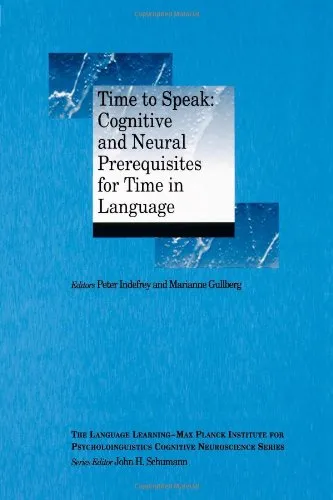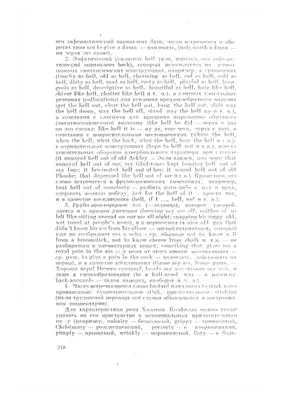Time to speak: cognitive and neural prerequisites for time in language
4.7
Reviews from our users

You Can Ask your questions from this book's AI after Login
Each download or ask from book AI costs 2 points. To earn more free points, please visit the Points Guide Page and complete some valuable actions.Related Refrences:
Time is a fundamental aspect of human cognition and action. All languages have developed rich means to express various facets of time, such as bare time spans, their position on the time line, or their duration. This volume explores what we know about the neural and cognitive representations of time that speakers can draw on in language. Considers the role time plays as an essential element of human cognition and action, providing important insights to inform and extend current studies of time in language and in language acquisition> Examines the main devices used to encode time in natural language, such as lexical elements, tense, and aspect, and draws on the latest psychological and neurobiological findings> Addresses a range of issues, including: the relationship between temporal language, culture, and thought; the relationship between verb aspect and mental simulations of events; the development of temporal concepts; time perception; the storage and retrieval of temporal information in autobiographical memory; and neural correlates of tense processing and sequence planning>
Free Direct Download
You Can Download this book after Login
Accessing books through legal platforms and public libraries not only supports the rights of authors and publishers but also contributes to the sustainability of reading culture. Before downloading, please take a moment to consider these options.
Find this book on other platforms:
WorldCat helps you find books in libraries worldwide.
See ratings, reviews, and discussions on Goodreads.
Find and buy rare or used books on AbeBooks.
1336
بازدید4.7
امتیاز0
نظر98%
رضایتReviews:
4.7
Based on 0 users review
Questions & Answers
Ask questions about this book or help others by answering
Please login to ask a question
No questions yet. Be the first to ask!














